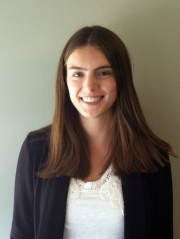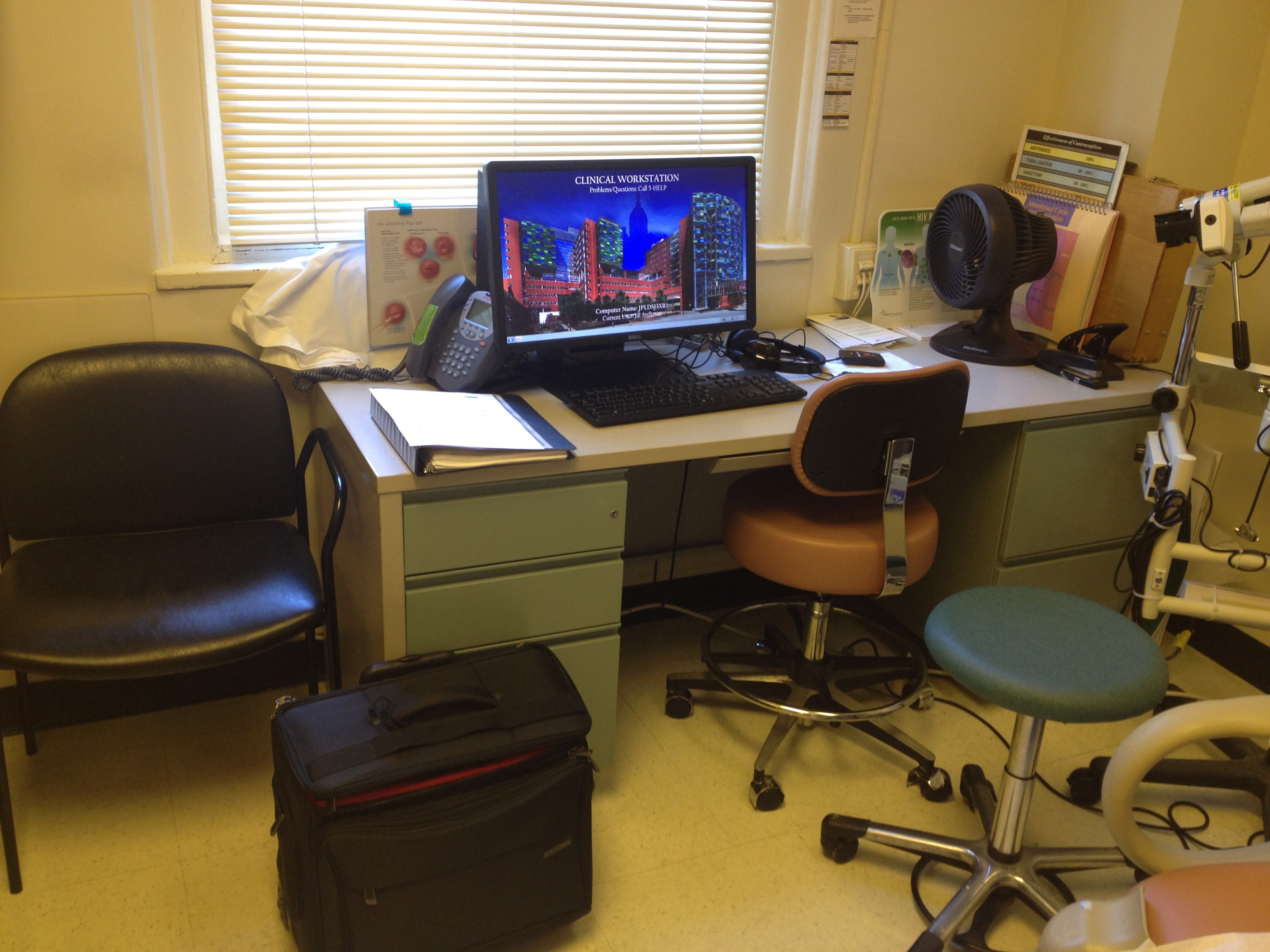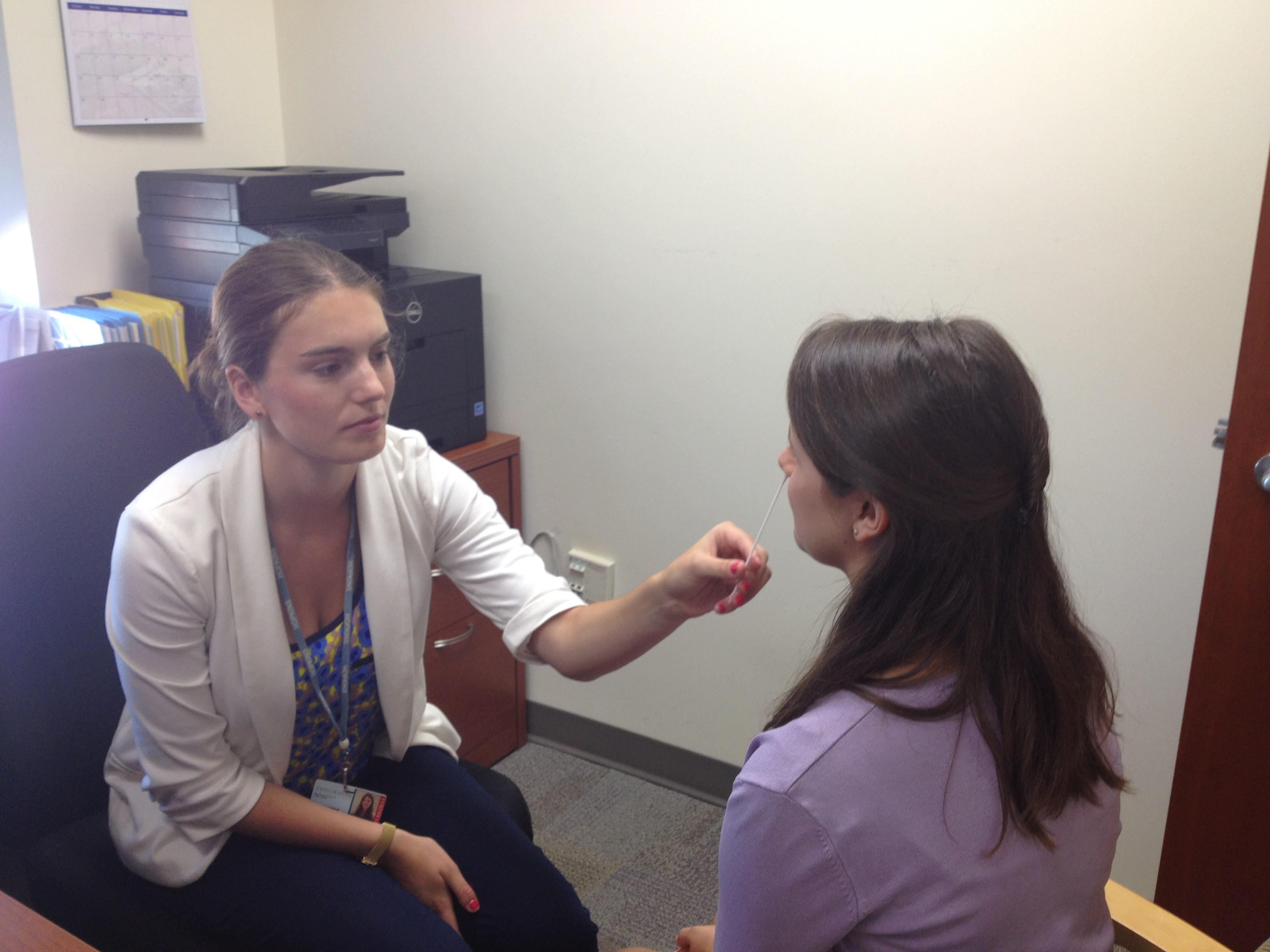Posted on August 15, 2014
Source: Jill Anderson

My name is Jill Anderson, and my mentor for the Scholars program is Dr. Jason Farley, with whom I am working on the SUSTAIN study (Stop Community MRSA Colonization Among Patients). The goal of this research is to compare the effectiveness of MRSA (Methicillin resistant Staphylococcus aureus) decolonization for just the individual colonized with the bacteria to decolonization of the individual as well as their household contacts and/or main sexual partner. This is done by screening participants who may be eligible for the study with swabs of several body sites to test for MRSA colonization and a questionnaire, then randomizing them into one of the two arms if they test positive for MRSA. The participants (and their household members/sexual partners if they are in the household arm) are followed for 7 days of treatment, then re-tested again at the end of 7 days and after 3 months and 6 months.
Over the past few weeks, I have learned the protocol inside and out through tasks like reviewing all of the study files to make sure all the information is up-to-date and correct, as well as entering data into the database and updating the regulatory binders. I have also had the opportunity to shadow two of the other research assistants in order to see screening, enrollment, and follow-up in action. However, this week was particularly exciting because I was finally approved by the IRB as a study team member. This means that now I can be an active member of the study team and interact with the study participants. On Friday, I did my first sample collection, taking swabs of a participant’s nose and throat to send to the lab for treatment follow-up, and I also went through the consent form with another participant and administered the questionnaire. It was incredibly exciting after three long weeks of anxiously awaiting IRB approval to feel like I was really contributing to the research and to be able to interact with the study participants.
Although I’ve learned about research through my public health studies at Hopkins, it’s been eye-opening to actually be a part of it. One of the challenges I’ve noticed so far is recruiting participants. Once we have determined that patients may be eligible by verifying that they have screened positive for MRSA colonization in the past, their providers are contacted by e-mail to let them know that their patients may be eligible. However, what is really most effective is our presence in the clinic: approaching the providers before they see the patient to remind them about the study and being available to screen the patients after they have seen the provider. I think it is a common misconception that research studies quickly and easily find participants; I’ve learned that this is not always the case, especially when the criteria for eligibility are narrow. While intensive recruitment requires time and patience, our physical presence in the clinic has already been successful in obtaining higher enrollment of participants in the study.

A room in the clinic prepped and ready to screen a patient.

Practicing nasal swabs with Laura, a fellow research assistant.